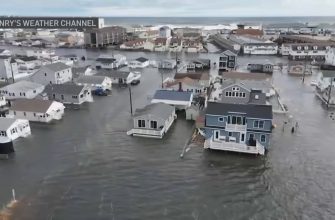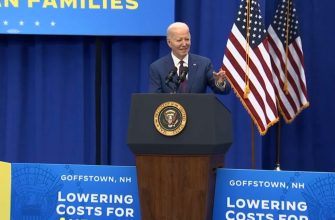For example, the legislation would require utilities to source sizable amounts of their renewable electricity from customer-owned rooftop solar and other smaller scale, distributed solar facilities that renters or other people without suitable roof space can subscribe to (known as “community solar”). Half or more of the projects in these categories would be reserved for low-income households, helping communities pursue their vision of locally owned, clean power that keeps more wealth circulating in their neighborhoods.
It means utilities must factor in the impact of their decisions and affordability of bills on underserved communities.
Under the proposed legislation, the Michigan Public Service Commission — the state entity that oversees Michigan’s utilities — would be explicitly directed to consider the energy challenges of today in reviewing utility plans for grid investments, rate adjustments and more. These important issues include public health, affordability and the effects of extreme weather fueled by climate change.
Empowering the commission to focus on those factors would, in turn, require utilities to act on them and provide plans that are healthier, safer and more equitable, especially when it comes to traditionally disadvantaged communities. As we receive increasingly detailed science about the intersection of our energy system with climate change, racial injustices and public health, it is time to update our expectations of what state regulators and the utilities must address.
It means bringing energy savings and energy efficiency programs to low-income households.
Known in Michigan as “energy waste reduction,” efficiency measures help lower utility bills because the cleanest and least expensive energy is the energy we don’t have to use. Efficiency programs can be paired with federal incentives to install better, lower-usage appliances and improve the comfort and indoor air quality of homes and businesses through improved weatherization.
One of the key legislative proposals under consideration would prioritize and require electric and gas utilities to focus efficiency programs on low-income communities, accounting for historical underinvestment and ensuring that program benefits flow to those who need them most.
Clean energy must no longer be treated like a privilege, available only to households and communities with ample resources. Multiple studies have shown that 100 percent, clean energy standards are achievable and present tremendous benefits for states like Michigan.
To make the clean energy transition we know is possible both fair and equitable, we need policies that increase access to solar power, hold utilities accountable to address pressing issues and focus energy efficiency investments toward those most in need.
Let’s ensure everyone benefits from our common pursuit of a healthy, carbon-free future.








